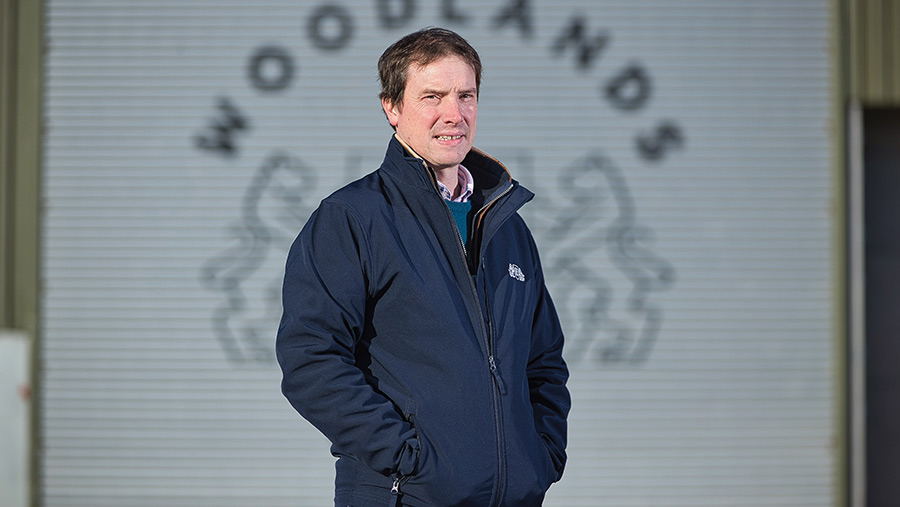Farmer Focus: An inspirational visit to growing Groundswell
 © Richard Stanton
© Richard Stanton Anyone who attended the regenerative agriculture festival Groundswell last month must have been impressed by how the meeting has grown since its early days.
I enjoyed this year’s event, held over two days at Lannock Manor Farm, near Hitchin in Hertfordshire.
When I attended the first one in 2016, the meeting was relatively small, but there was already an energised group of like-minded farmers who wanted to share ideas on soil.
See also: Financial rewards of regen farming highlighted at Groundswell
Organisers describe Groundswell as “a practical show aimed at anyone who wants to understand the farmer’s core asset, the soil, and make better-informed decisions”.
This year’s event was even better than the 2022 gathering. Groundswell caters for all levels of farming, from large estates to smallholdings.
We had talks from people from all over the world, covering a range of topics including mob-grazing and a planned grazing system that seeks to work with nature, while improving farm profitability.
It was fascinating to hear the latest techniques on how you should graze in thirds, with sheep or livestock eating one-third of the grass, one-third being trampled, and one-third going to waste.
We also heard from policymakers including Janet Hughes, Defra’s programme director for the Future Farming and Countryside Programme, the AHDB, and environmental consultancy Adas, as well as Q&A sessions from representatives of the Rural Payments Agency.
You could also hear from your peers across the UK, on their efforts to make an impact on regeneration.
Farmers realise that we must change, so it was fascinating to hear about the diverse approaches to protecting the soil to grow sustainably, which is a massive change from 20 years ago.
At Groundswell I met a colleague from the early 2000s, who was talking about how he was allowing fields to be “scruffy” to protect the soil.
When we previously worked together the emphasis was on destroying every weed with chemicals, so the ground was pristine and we had the best chance of protecting our yield, which was common thinking at the time.
You now hear more discussion around soil preservation than ever before, as people adopt a cultural way of managing fields, rather than using chemicals.
Farming goes in cycles, with some of the activities around rotation and protection which we are following now taking us back to when my father started farming in the 1970s, before chemicals became so widespread.


